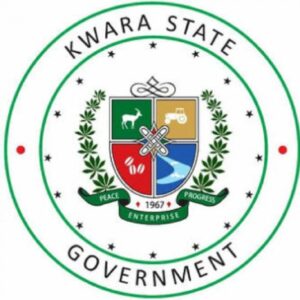


CIoD announces major governance reforms under new charter act
By Seun Ibiyemi
The Chartered Institute of Directors Nigeria (CIoD Nigeria) has unveiled significant governance reforms aimed at improving operational efficiency, promoting inclusivity, and aligning with global best practices.
These changes come following the enactment of the Chartered Institute of Directors Nigeria (Establishment) Act, 2023, which granted the organization its Charter Status.
The reforms were announced by the Institute’s President and Chairman of the Governing Council, Alhaji Tijjani M. Borodo, LLM, FCIoD, who described them as a historic milestone.
He credited the success to the collective effort of the Institute’s members and emphasized that the reforms would enhance the organization’s ability to deliver value to its stakeholders.
“The signing of the Charter Act by President Muhammadu Buhari, GCFR, on May 26, 2023, marks a turning point for CIoD Nigeria,” Borodo stated.
“These governance changes are designed to strengthen the Institute’s structure, ensuring it remains a leader in corporate governance training and advocacy.”
The Institute has dissolved its Executive Committee, transferring its functions to newly reconstituted Committees of the Governing Council. This move includes merging and restructuring committees to improve efficiency.
CIoD Nigeria has transformed its eight Policy Committees into 14 Sectoral Groups, focusing on key areas such as Power & Energy, Banking & Financial Services, and Health & Social Services.
These groups will report directly to the Advocacy and Stakeholder Engagement Committee, ensuring a sharper focus on sector-specific challenges and opportunities.
In compliance with the Charter Act, the Governing Council now includes representatives from the Financial Reporting Council of Nigeria, Federal Ministries of Industry and Education, the Corporate Affairs Commission, Securities and Exchange Commission, and academia. The Council has also been streamlined, with only three Past Presidents retaining seats.
Borodo emphasized that these changes are designed to foster inclusive decision-making and bring diverse expertise to the table. He noted that detailed guidelines for implementing the reforms would be published soon as part of the Institute’s updated regulations.



